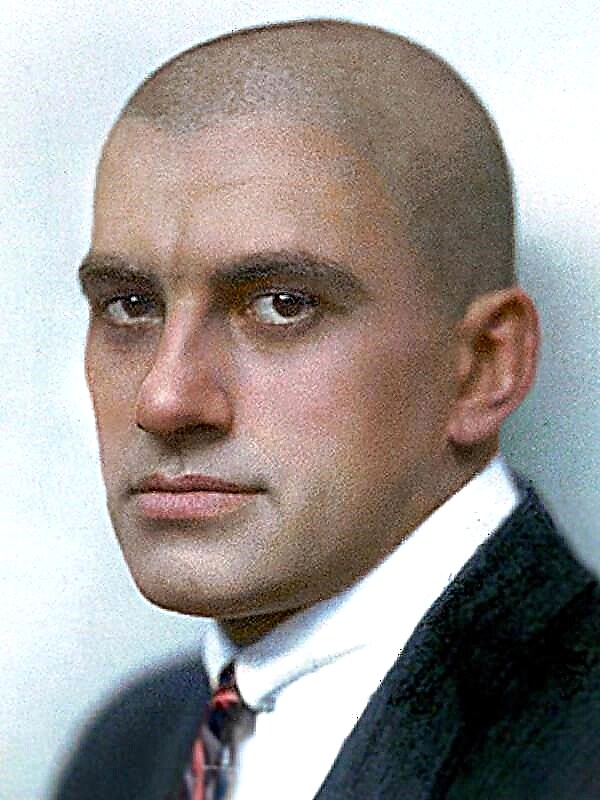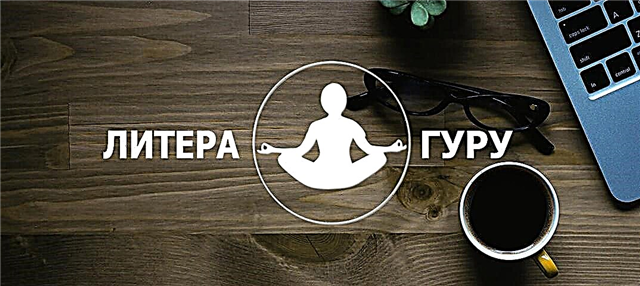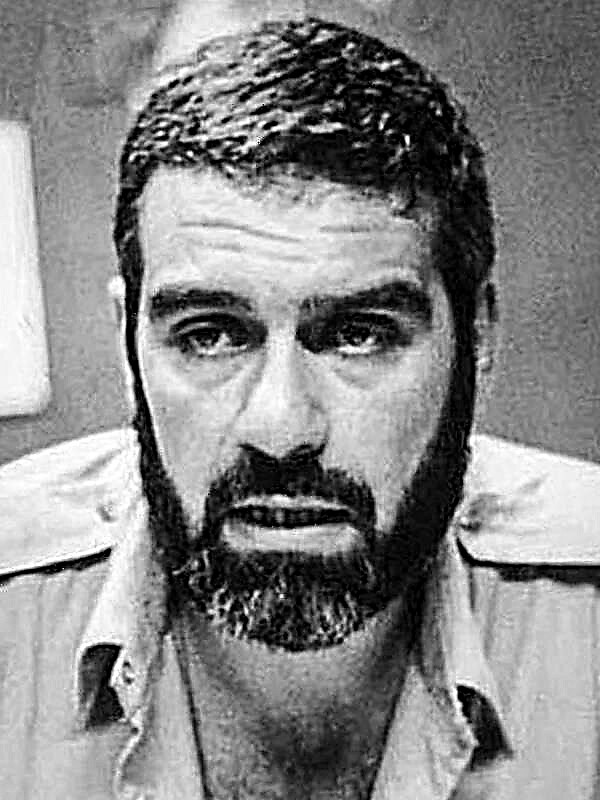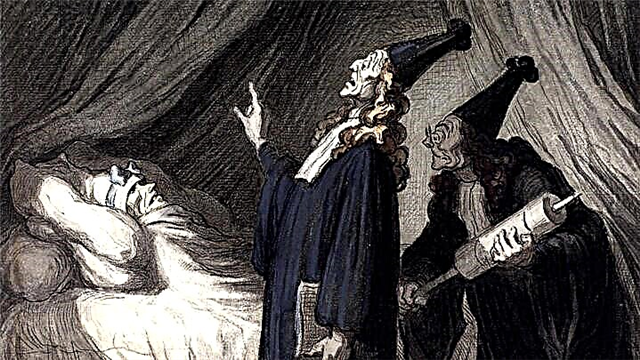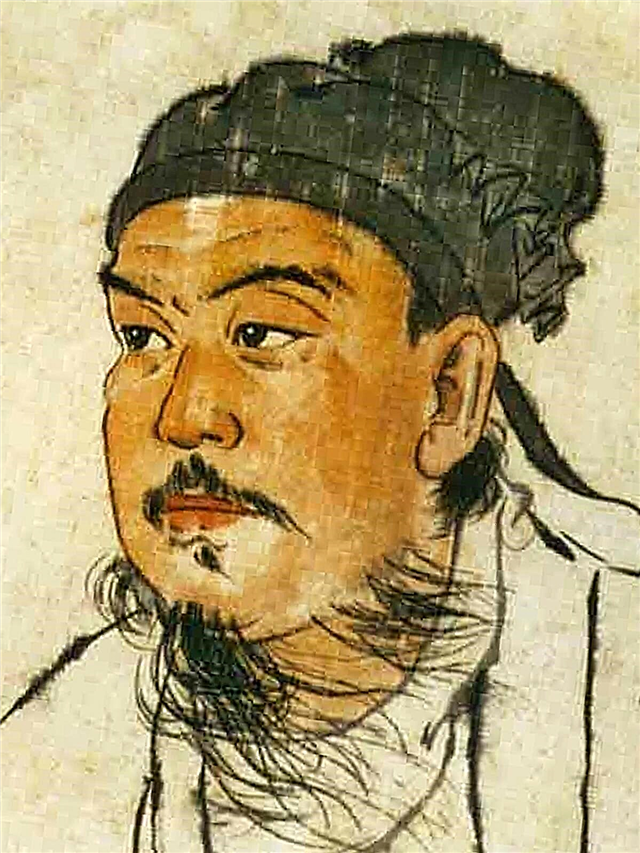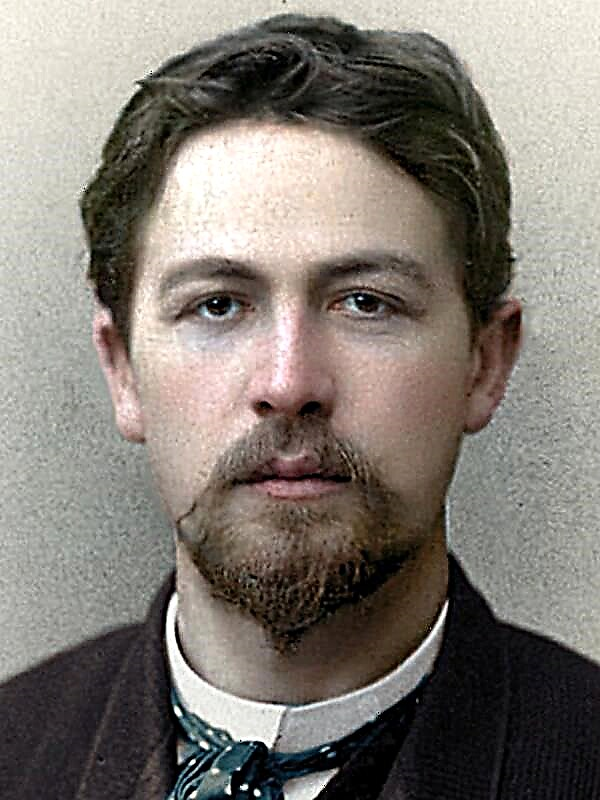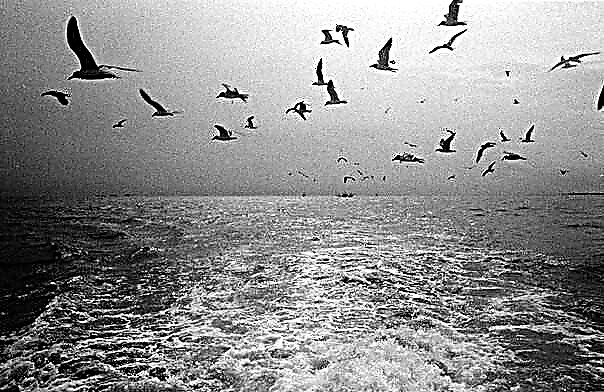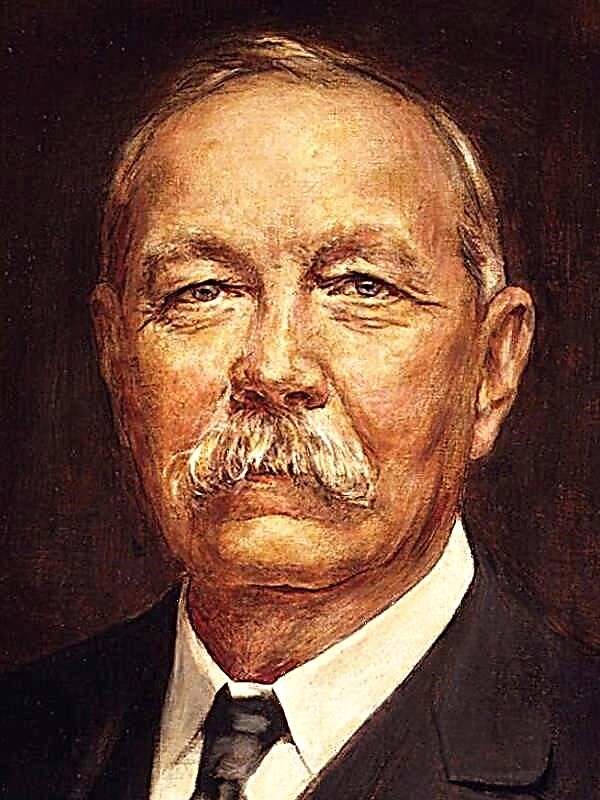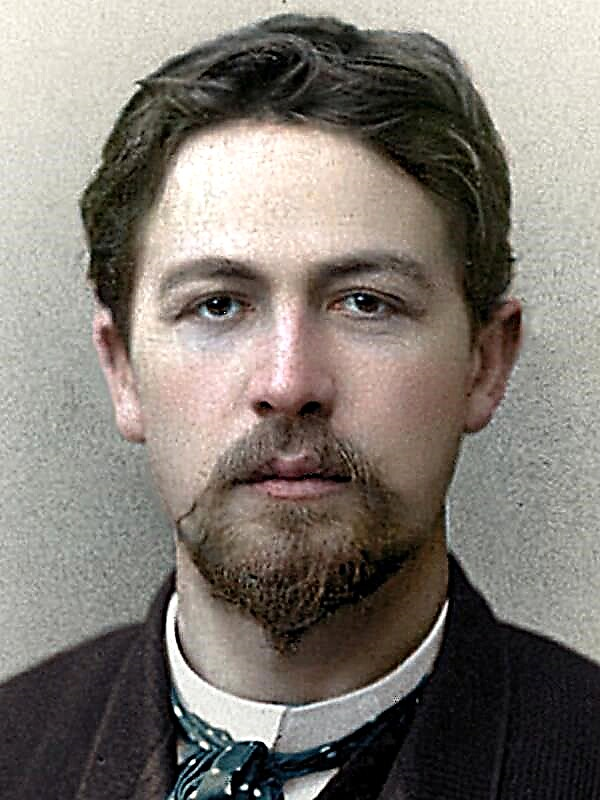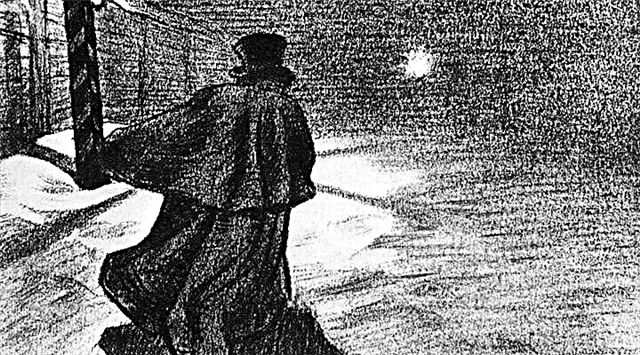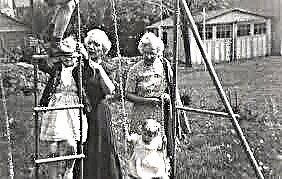(349 words) Plato Karataev - the embodiment of simplicity, kindness and truth in the novel of L.N. Tolstoy "War and Peace." It is no coincidence that it is Pierre who brings fate to him. Plato is a typical representative of a peasant worldview. Pretense is alien to him. He says that he thinks, but never thinks about what he has already said or will say, but his words sound convincing.
Leo Tolstoy in the novel calls him a round man. This is not so much about the eyes, head, back of that shape, or, for example, about hands that seem to want to hug someone all the time. In this case, the author denotes the integrity of the individual. Plato Karataev is not burdened with reflections on the high; he is alien to the craving for introspection. He simply lives and is glad that exists on this earth. A man goes with the flow and submits to his fate.
He was about fifty years old, however, "his face had an expression of innocence and youth." Plato Karataev belongs to the soldiers of the Absheron Regiment. His brother was supposed to go to war instead, but he has five children. Plato only had a wife, their daughter died before he became a soldier, so he decided to help the family.
He is the personification of worldly wisdom. For example, when Pierre Bezukhov talks about the reason for his capture, the peasant declares, "where there is a court, there is no truth." The soldier’s speech is filled with proverbs and sayings. He is a working man, and was constantly busy with something: pitch, cooked, planed. And only in the evening did he have little time for the conversations that he loved so much. Evil and hatred are alien to him. This is an extraordinary person who loves not only his dog and companions. Karataev fell in love with Pierre, whom he called the master. It seemed that he loved even the Frenchman, who was his opponent. Plato prays to Frol and the Lavra, the patrons of the horses, and therefore took care of our smaller brothers.
Pierre admired the stamina of Plato Karataev. He was mortally ill, but every day, when he was physically getting worse and worse, mentally he became stronger.
After meeting with him, Pierre Bezukhov overestimates his life values. A new door of knowledge opens to him, behind which truth is hidden. Happiness consists in satisfying one's natural needs, and all misfortunes do not come from lack, but from excess. “Life is God,” Pierre thinks. And as long as there is movement, there will be life.

